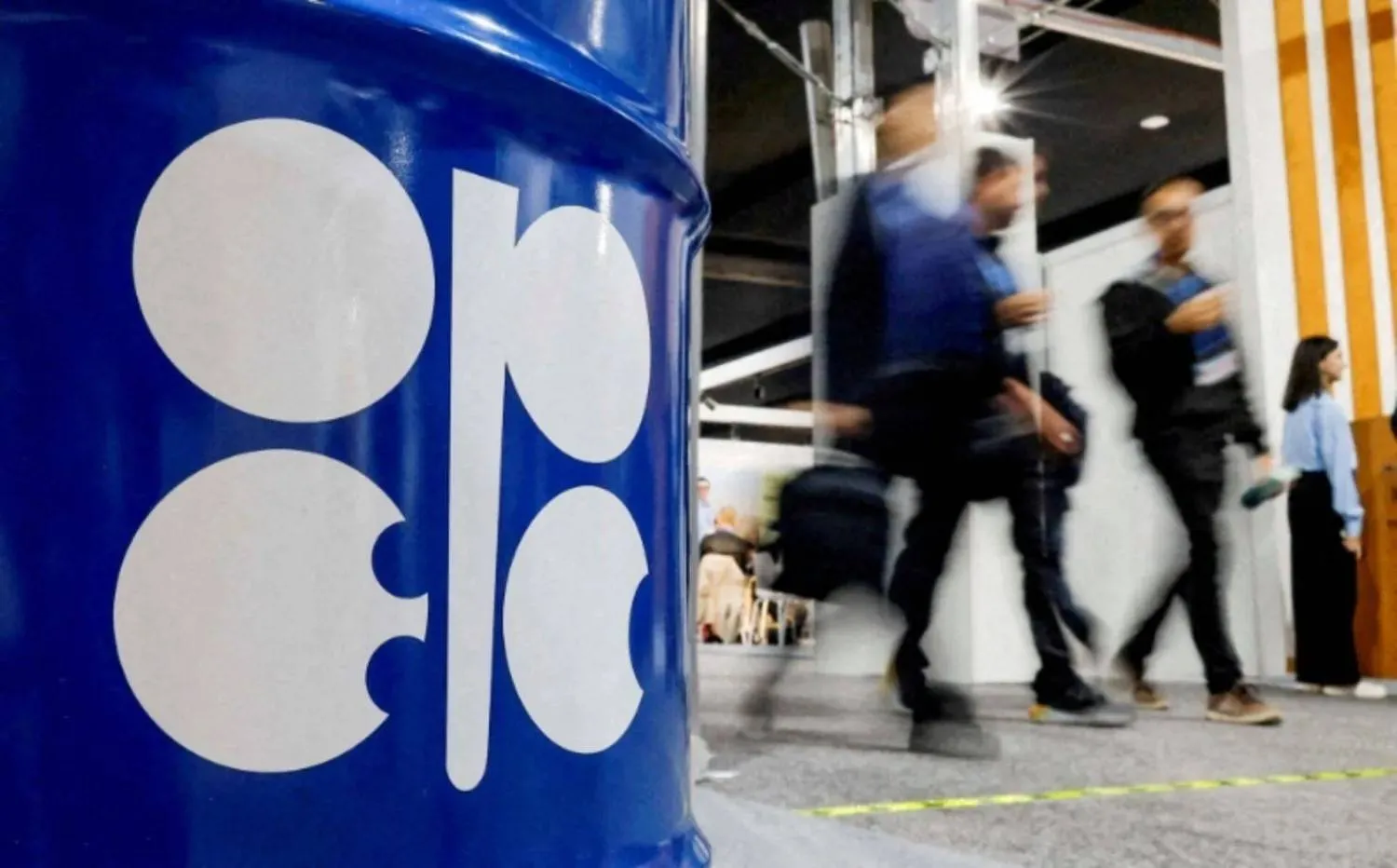International Monetary Fund (IMF) decided to enhance its fight against corruption through a more systematic assessment of this phenomenon among member countries by encouraging the fight against corruption in the private sector as well.
During IMF's spring meeting in Washington, IMF's Advisory Committee said on Monday that long-term risks to the global economy tended to be on the downside.
IMF forecast growth this year and next year at 3.9 percent, which is more than the 3.7 percent announced back in October, but warned of long-term threats, including rising debt.
Risks are broadly balanced in the near term, but remain skewed to the downside beyond the next several quarters. Rising financial vulnerabilities, increasing trade and geopolitical tensions, and historically high global debt threaten global growth prospects, indicated the committee.
IMF Director Christine Lagarde confirmed that there was a clear momentum towards dialogue on trade issues during the spring meeting. While IMF is not a commercial entity, it will continue to provide analytical work to explain the role of trade in supporting growth, she said.
At the same time, the fund, which acknowledged on Sunday that it lacked "clarity" on the issue in the past, it adopted a new regulatory framework to allow its teams, through their annual field missions, to assess regularly “the nature and severity of corruption” as of July 01.
"We know that corruption hurts the poor, hinders economic opportunity and social mobility, undermines trust in institutions and causes social cohesion to unravel," according to IMF Managing Director.
In a report published two years ago, the IMF stated that corruption consumes 2 percent of global wealth every year and undermines the equitable sharing of economic growth. The amount of bribes paid in the world alone is between $1.5 billion and $2 billion, according to the fund.
Rich and developing countries are concerned, but it is the most disadvantaged populations who are the first victims because they are more dependent on more expensive public services due to corruption.
Paraguayan Finance Minister Lea Gimenez stressed that corruption is "a multi-level problem involving multiple elements." Despite an official campaign against endemic corruption, Paraguay remains 135th out of 180 countries on the 2017 corruption index of Transparency International.
"We are not supposed to interfere in countries policies, but when it comes to macroeconomic issues ... or when we negotiate a financial aid program, we have full legitimacy to intervene," argued Lagarde.
She pointed out that the development of an aid program could be an opportunity “to put as much pressure as possible” to demand complete information.
IMF has no police power over corruption, but it can exert some pressure through its financial aid programs. It has thus conditioned the release of additional funds for Ukraine not only to the implementation of reforms but also to real progress in its fight against the ubiquitous corruption in the country.
“Corruption thrives in the dark,” added Christine Lagarde, welcoming the fact that IMF teams had obtained the green light from the executive committee “to be more intrusive”.
As a new development, the Fund will target private actors, including multinational corporations, who engage in corrupt practices or contribute to money laundering.
It encourages member countries “to voluntarily lend themselves to an evaluation of their legal and institutional arrangements” as part of the IMF’s annual surveillance missions.
In particular, the institution will examine “whether they criminalize and judge the payment of bribes to foreign officials and whether they have adequate mechanisms to eradicate money laundering and the concealment of dirty money”.
On this point, Lagarde pointed out that the Fund could ask to review the details of contracts of companies, observing that the mining, construction and telecommunications sectors were the most affected by corruption.
Benin's Minister of State for Planning and Development Abdoulaye Bio Tchane said that in order to fight corruption and hold all corrupt accountable, laws and legislation must be implemented, and that "it is indeed possible to implement a policy against corruption."









